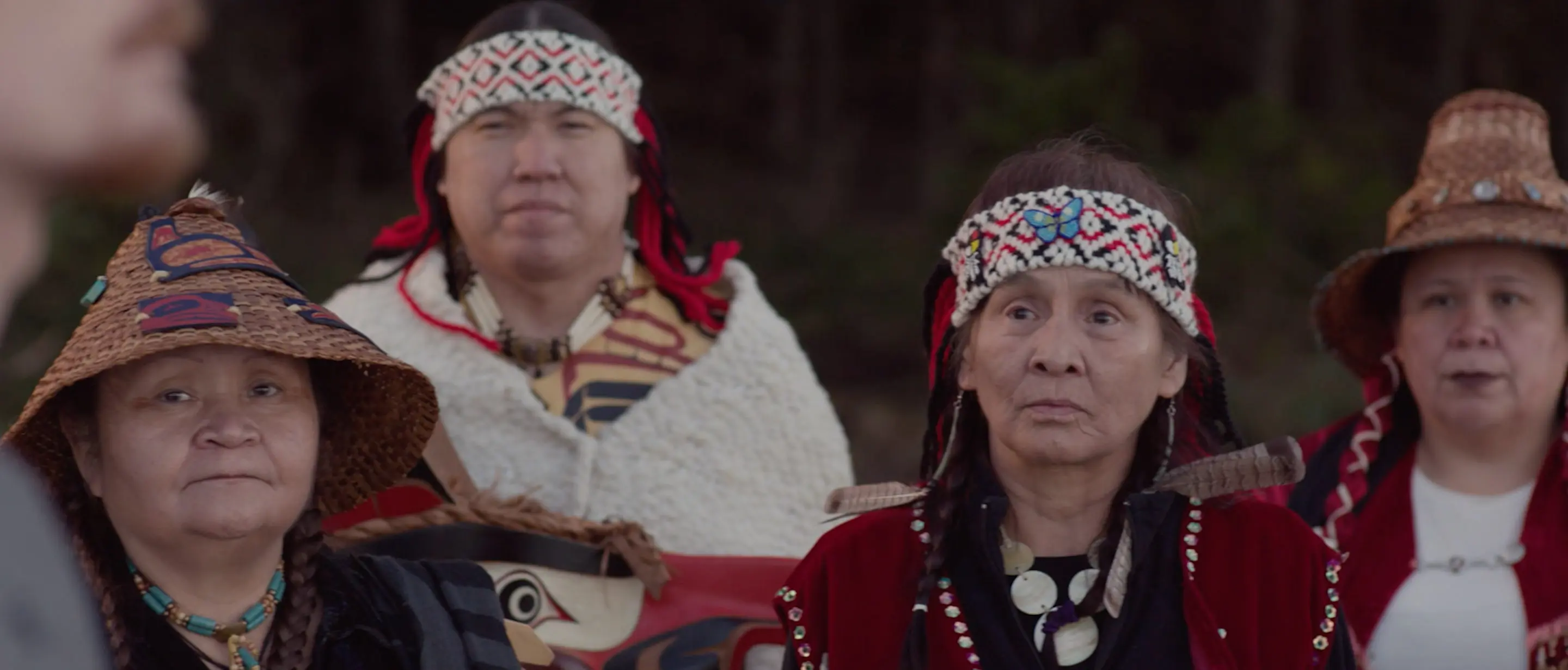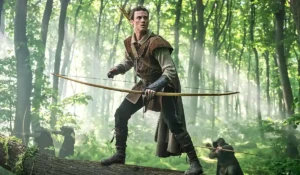Summary
Thunderbird is a smooth blend of an intelligent thriller with supernatural drama, set against a backdrop of not-quite-blended cultures.
In a forest in northern Canada, a young woman’s body is found. At the same time, another young woman goes missing. Is it a coincidence that they were roommates? Detective Ivy Seymour (Natalie Brown) collaborates with Will Brook (Colten Wilke), the missing person’s brother, to find her if they can; while also navigating the aged tensions between Will and the local First Nations community.
Will’s character is fascinating, especially as his backstory is gradually revealed; and he is so guarded that it’s difficult to know what to make of him until then. He’s clearly feeling guilty for losing sight of his sister, but it’s much more complex than that, which makes the guilt more difficult for him to carry. Wilke is perfect in this role, and remarkably, it’s his first film. Unfortunately, none of the other Thunderbird characters are as interesting (except perhaps one of the minor ones, known as Spaceman).

To be honest, though, Thunderbird is a captivating film to watch regardless of the plot or characters. The tone of the film and the themes that it pays respect to are everything. It’s slow and steady, though not the sort of “slow burn” that leads to a huge crescendo: instead, the pace is about patient observation, and the ending is about reflection. There is a very strong sense of place throughout the film; not like a familiar place, but more like somewhere we are being graciously allowed to visit. Alfonso Chin’s cinematography treats the landscapes, locations, and indigenous customs alike with a gentle touch.
Writer/director Nicholas Treeshin is not exactly heavy-handed with the film’s major theme either. To start with, I had half-expected a similar take on racial conflicts as portrayed in Wind River; but instead, Thunderbird steadily perseveres towards harmony, which is refreshing. That said, I’m not so sure whether secondary themes such as mental health and childhood trauma are treated so well: I found the quality of the writing overall so high that not many flaws are obvious at all.
What might be considered a flaw by some is the degree of ambiguity. Will has nightmares of a winged monster he thought he saw when he was a child, but did he confuse it with the aboriginal Thunderbird masks, or is there something truly monstrous in the woods? There are a number of loose ends, and I realize they are deliberate, but I confess I’m still a little undecided as to whether they work in the film’s favor.
There’s no denying though that as a first feature – for both Treeshin and Wilke – Thunderbird is a result to be proud of. I was privileged to catch the first screening outside of North America, care of Soho Horror Fest, and it deserves to reach audiences everywhere.




